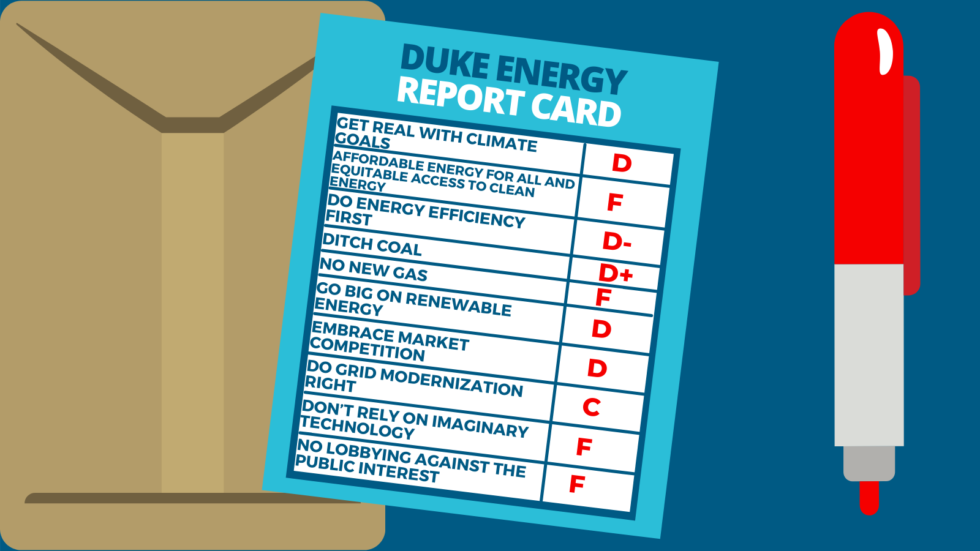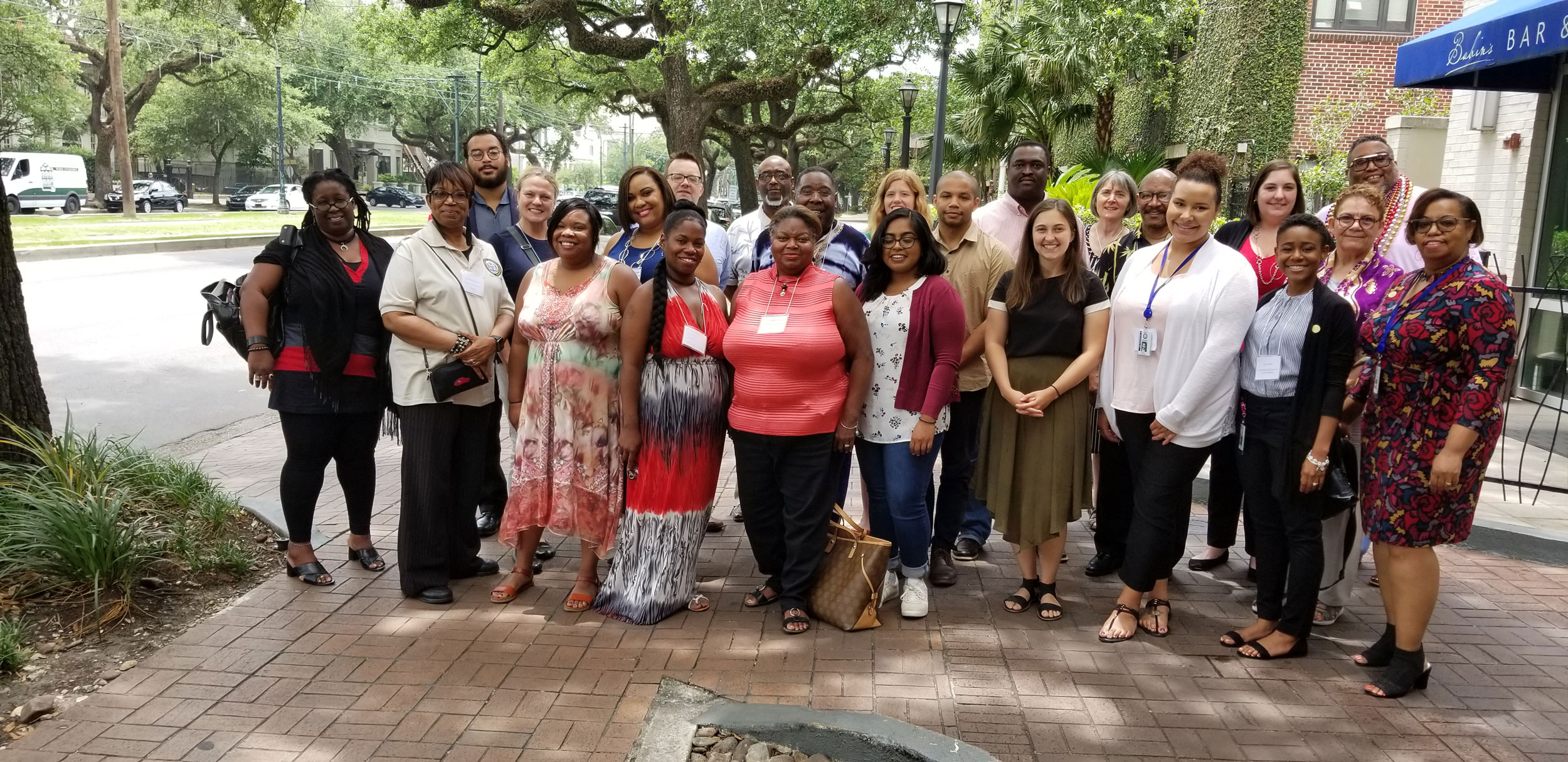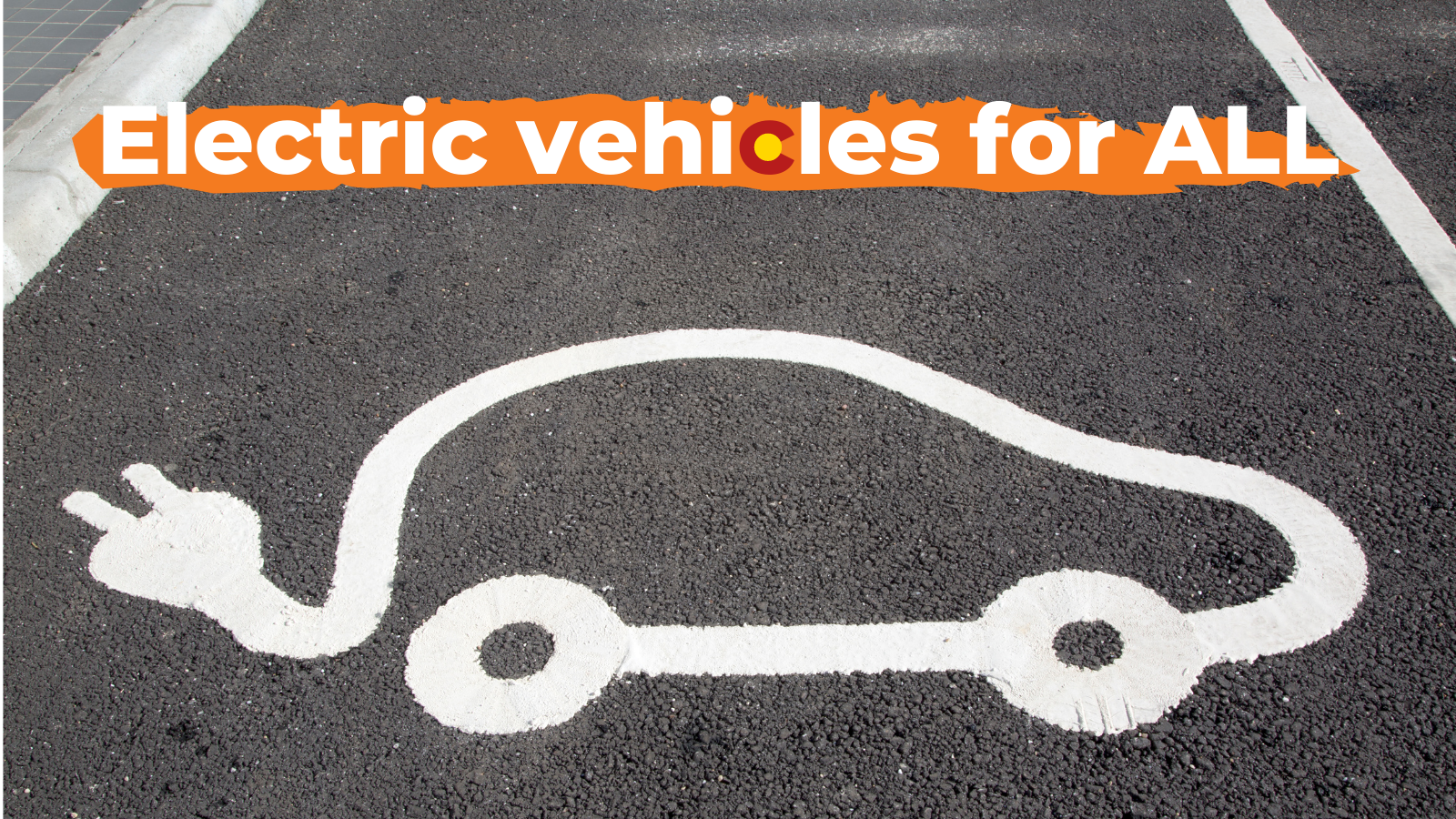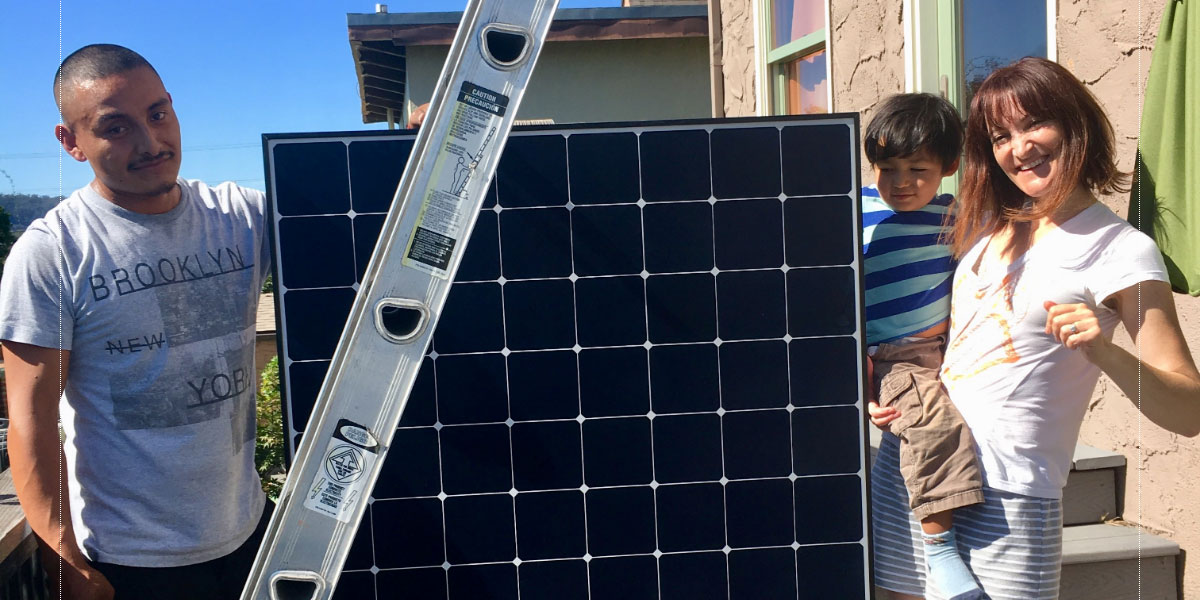A more equitable, resilient and reliable grid that can keep the lights on
What’s a bomb cyclone? Millions found out this past month as a parade of storms flooded California, causing mudslides, flooding, and power outages. As the climate crisis drives more extreme weather across the entire U.S., our energy infrastructure is failing to keep up and low-income families are hit hardest when the power goes out.
That’s why we must completely reimagine the electrical grid and rebuild it around renewable energy sources that prioritize safe and reliable access. Vote Solar is championing this clean energy vision at legislatures and regulatory commissions across the U.S. as part of 16 legislative campaigns and 55 regulatory interventions in 27 states this year.
With local solar and battery storage from rooftops to microgrids, we can build a more equitable, resilient and reliable grid that can keep the lights on.
Read on: How we’re advocating for energy equity and renewable resilience from the Carolinas to Colorado, plus the latest from our work on the Hill.

Duke Energy’s New Plan for the Carolinas is Even Worse for Climate and Communities
More and more hurricanes have hit the southeast U.S. over recent years, causing catastrophic flooding and outages. Yet Duke Energy is still trying to burden families in the Carolinas with the costs of their failure to account for climate risks and invest in resilient clean power.
In the summer, we achieved a major win when the South Carolina Public Service Commission sent Duke Energy’s Integrated Resource Plans back to the drawing board. Ignoring their own climate commitments, Duke proposed to build more fossil fuel generation capacity than any electric utility in the U.S.
In a groundbreaking analysis, we demonstrated that this would cost ratepayers $4.8 billion. The risk of climate change means we have stop burning gas so soon and so completely that most of that capacity would be unusable in the near future.
Now Duke is back, and their updated proposal is even worse. Our latest analysis shows it will cost customers in the Carolinas a whopping $6 billion. Our coalition will keep up the fight to hold Duke accountable to protecting customers and the climate.
Advancing Equitable Access to Electric Vehicles in Colorado
The Colorado Public Utilities Commission recently approved Black Hills Energy’s Ready EV program that will guide the utility’s vehicle electrification efforts. Vote Solar intervened in this proceeding with our partners at Colorado Latino Forum, GreenLatinos and GRID Alternatives to help ensure that income-qualified families can participate in the many benefits of the program.
Our coalition had also intervened in Xcel Energy’s transportation electrification proceeding earlier this year. While Xcel’s plan invests in underserved communities and provides meaningful incentives to income-qualified families, we were disappointed by the lack of investment from Black Hills. We’ll keep working with our partners to ensure that everyone can participate in the transition to electric vehicles.
Energy Justice Legislative & Regulatory Roundup
This year, we’ve taken our expertise at state climate and energy policy to the federal level, advocating tirelessly for transformative climate legislation and updates to federal programs and offerings. While the battle in Congress has been tough, we’re keeping up the fight to update a critical rooftop solar incentive. Here’s how we’re working to make the federal ITC tax credit more inclusive.
More from our latest campaigns across the U.S.:
- How solar and battery storage can keep the lights on next summer in California
- A win for New York’s clean energy future: the Department of Energy Conservation denies permits for harmful gas plant expansions
- And another win – Arizona Corporation Commission eliminates unfair tax on solar customers
- Rallying Minnesotans to tell Xcel Energy: Reject fossil fuels, focus on clean energy
- We made the case for an equitable solar incentive program in Massachusetts
- Executive and legislative action on environmental justice in Pennsylvania
- North Carolina’s energy bill HB 951 with carbon reduction goals cedes undue power to utilities, fails on equity

Guiding Federal Energy Regulators at FERC on Public Participation
The Federal Energy Regulatory Commission (FERC) plays a large role in our equitable transition to a 100% clean energy future. But FERC’s past practices have failed to properly consider climate impacts, concerns of landowners, and environmental justice communities.
FERC began the long overdue process this year of building an Office of Public Participation (OPP) to improve their public engagement. Many communities don’t know how to navigate FERC processes or don’t have the resources to do so, putting them at a disadvantage compared to well-resourced corporations.
Vote Solar and a number of organizations we partner with have provided expertise to FERC on how the OPP can correct this imbalance of power, and improve outreach and engagement coupled with technical assistance offerings that serve impacted communities. Learn more:
- Learn about FERC’s public workshop on shaping the OPP
- The latest: FERC’s workshop on technical assistance for communities
- Meet Elin Katz, recently announced as the Director of the OPP
Donor Spotlight
Last month, in San Francisco, we were thrilled to be able to safely celebrate 20 years of Vote Solar with many of our dedicated supporters and partners. We gathered outside to give Adam Browning, our co-founder and former Executive Director, a well-deserved send off and present him with the Solar Champion award.
The event served as a catalyst to support Vote Solar’s next 20 years of solar progress, and as an opportunity to look back at some of Vote Solar’s most impressive wins and monumental impact. We’ll be highlighting this retrospective in our upcoming Giving Tuesday and end of year campaigns, and sharing how our past successes have changed the solar landscape. We can’t wait to share it with you.
Listen & Learn
- The Energy Democracy Project has released the People’s Utility Justice Playbook. Sourced from energy justice advocates on the ground, this playbook will help you learn the tactics energy utilities use to slow or stop progress toward economic and climate justice, and how you can fight back. Plus learn how our energy system was developed through the companion guide: A People’s History of Utilities.
- The new Energy Storage Hub launched by the Union of Concerned Scientists provides a collection of curated resources around equitable energy storage policy and energy storage technology.



